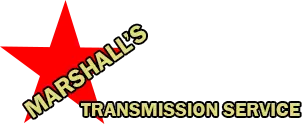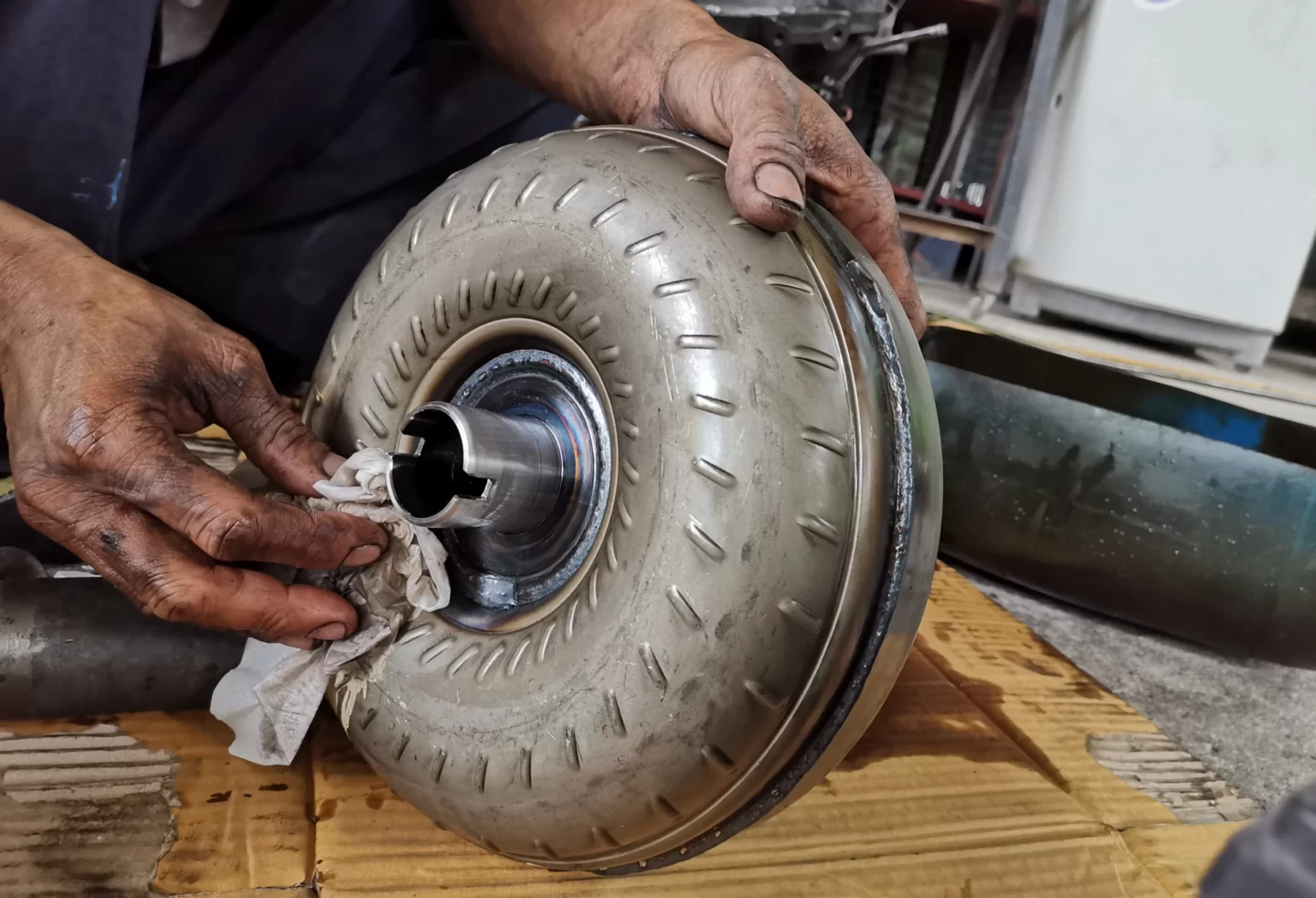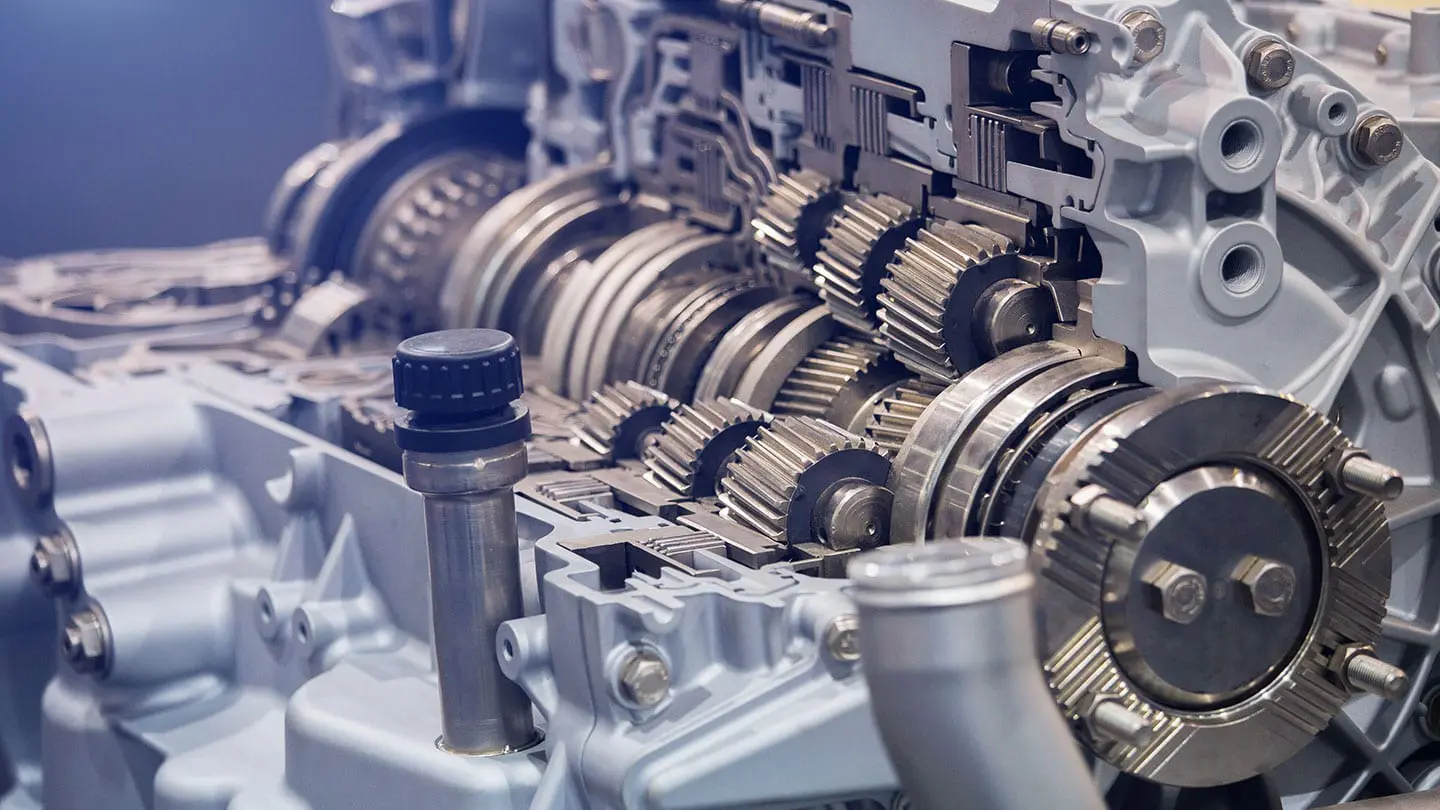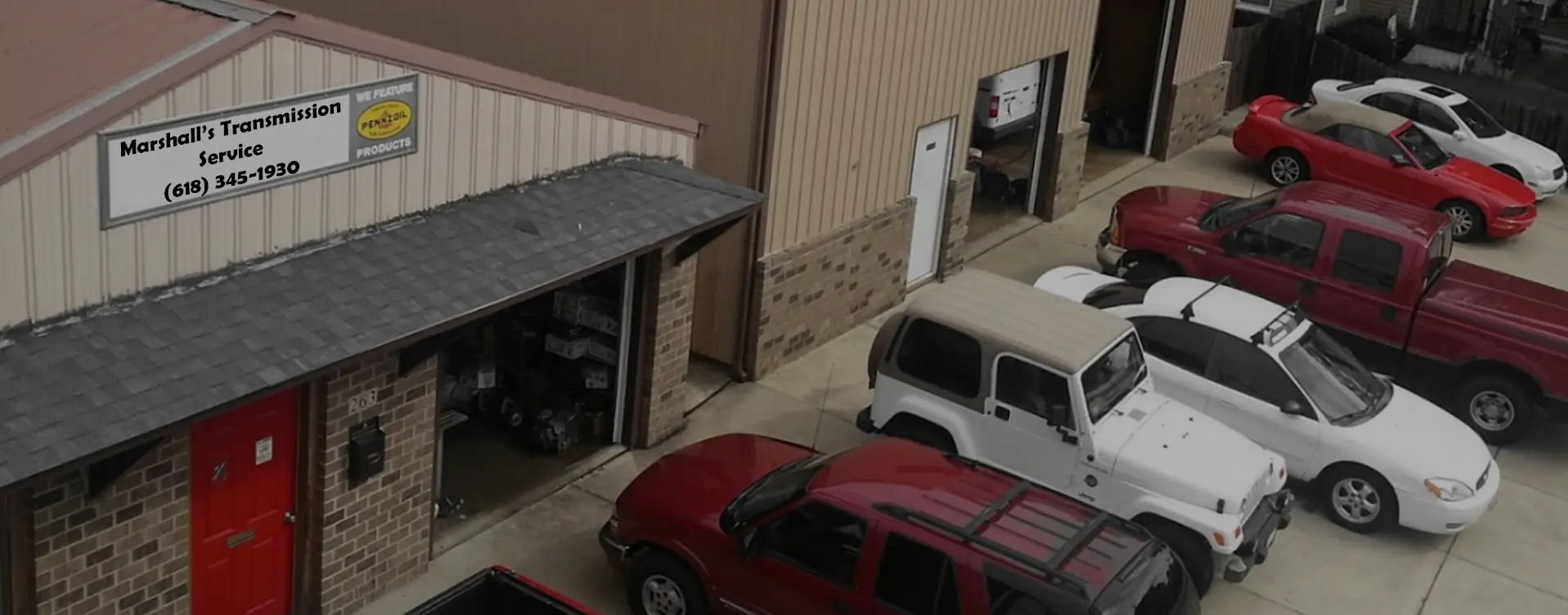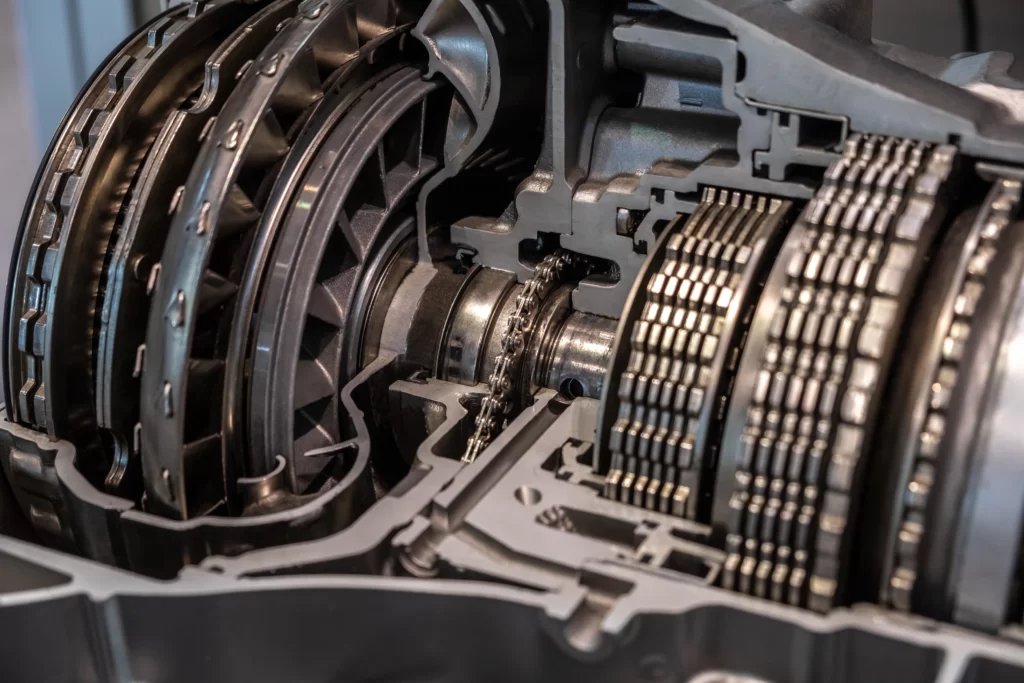
Your car’s transmission system is a complex and essential component that ensures the smooth and efficient transfer of power from the engine to the wheels. The torque converter is a vital part of the automatic transmission system, allowing your car to shift gears and move smoothly on the roads in Freeburg, IL. When a torque converter begins to fail, it can lead to various problems that affect your vehicle’s performance and safety. In this blog post, we will explore the signs of a failing torque converter in a car and why it’s crucial not to ignore them.
Slipping Gears
One of the earliest and most noticeable signs of a failing torque converter is slipping gears. When the converter fails to engage properly, your car may have difficulty staying in gear, leading to a sensation of slipping or hesitation when accelerating. This symptom is often accompanied by a noticeable increase in engine RPM (revolutions per minute) without a corresponding increase in vehicle speed.
Shuddering or Vibrations
A failing torque converter can produce shuddering or vibrations, especially during acceleration or when cruising at certain speeds. These vibrations can be felt throughout the vehicle and may resemble driving over a rough or bumpy road, even when the road surface is smooth. This symptom is often a result of an imbalanced or damaged converter.
Overheating Transmission
An overheating transmission is another sign that your torque converter may be failing. The converter plays a crucial role in regulating fluid flow within the transmission. When it malfunctions, it can disrupt the transmission’s ability to cool itself properly. Overheating can lead to damage to the transmission’s internal components and, if left unaddressed, can result in costly repairs or replacement.
Delayed or Harsh Shifting
A failing torque converter can cause delays in gear shifting or produce harsh, jerky shifts. When the converter isn’t transferring power efficiently, it can lead to erratic shifting patterns, negatively affecting the driving experience. Delayed or harsh shifting can also put additional stress on the transmission, leading to further damage.
Decreased Fuel Efficiency
If you notice a sudden drop in your car’s fuel efficiency, it may be due to a failing torque converter. When the torque converter doesn’t engage correctly, it can lead to increased fuel consumption because the engine must work harder to overcome the inefficiencies in the transmission system. Monitoring your fuel economy can help you detect potential converter issues.
Unusual Noises
A failing torque converter can generate unusual noises that are often described as whining, humming, or even a metal-on-metal scraping sound. These noises are typically more pronounced when the car is in gear, and they can be a clear indication of problems. Ignoring these sounds can lead to further damage to the transmission. Ask a professional around the Freeburg, IL area if you start hearing weird sounds in your car.
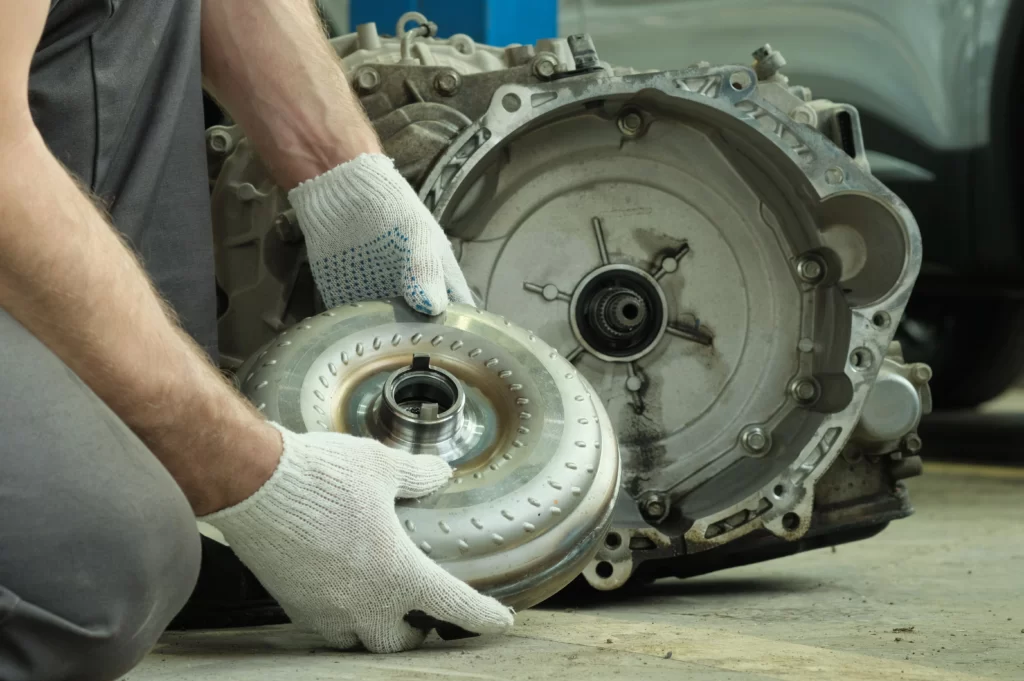
Dashboard Warning Lights
Modern vehicles are equipped with onboard diagnostic systems that can detect various issues, including problems with the transmission and torque converter. If your car’s dashboard displays warning lights related to the transmission or drivetrain, it’s essential not to disregard them. These lights can provide valuable diagnostic information and prompt you to seek professional assistance.
Live in Freeburg, IL? Have a car with a failing torque converter? Get help from a trusted auto repair company nearby! Call Marshall’s Transmission Service today!
